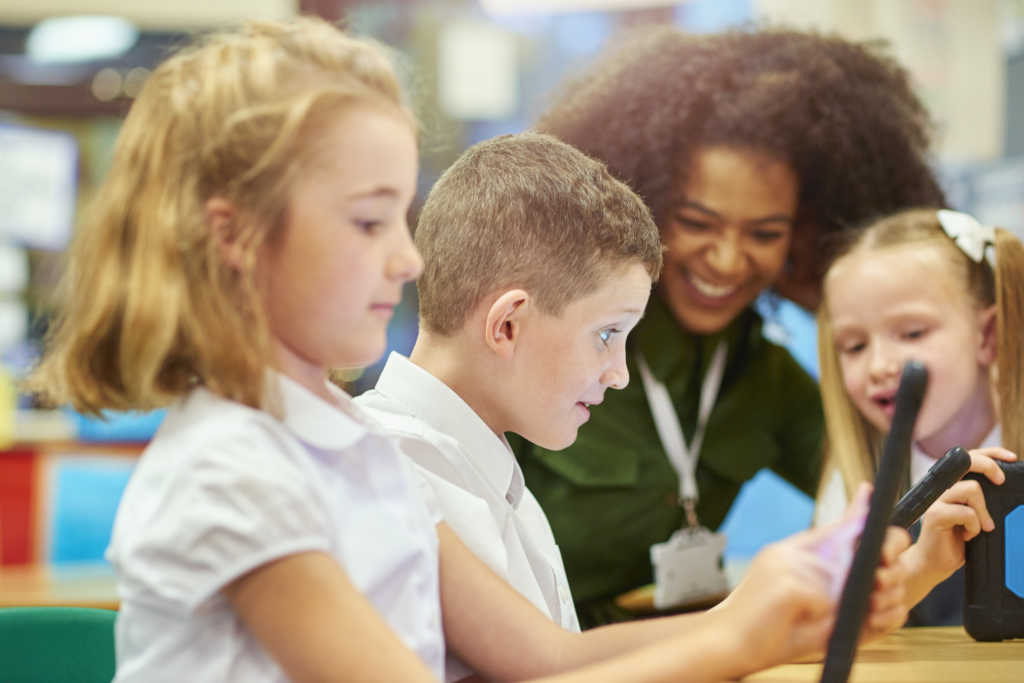Echoing the words of American experts, an official with the United Nations is now warning the months-long, worldwide school closures brought on by the coronavirus pandemic mark a “generational catastrophe that could waste untold human potential.”
U.N. Secretary General Antonio Guterres said in a video released Tuesday that the international COVID-19 response “has led to the largest disruption in education ever.”
“In mid-July, schools were closed in more than 160 countries, affecting over one billion students,” he explained. “At least 40 million children worldwide have missed out on education in their critical pre-school year.”
He repeated the recently shared sentiments of Dr. Robert Redfield, director of the U.S. Centers for Disease Control and Prevention. Last week, Redfield said school closures impact more than just kids’ intellectual development; such stoppages also increase the likelihood of suicidal ideation as well as drug overdoses brought on by myriad mental health issues.
Guterres said the extended period of time without schooling will “undermine decades of progress and exacerbate entrenched inequalities.”
“We already faced a learning crisis before the pandemic,” he said. “More than 250 million school-age children were out of school. And only a quarter of secondary school children in developing countries were leaving school with basic skills.”
“Now,” Guterres continued, “we face a generational catastrophe that could waste untold human potential, undermine decades of progress, and exacerbate entrenched inequalities. The knock-on effects on child nutrition, child marriage, and gender equality, among others, are deeply concerning.”
Addressing world leaders, Guterres said it’s critical for schools to begin reopening for in-person gatherings as soon as possible. He also urged countries to use the pandemic to prioritize technological investments in academia.
The world is facing “a defining moment,” he noted, urging leaders to understand the decisions they make now “will have lasting impacts on hundreds of millions of young people, and on the development prospects of countries for decades to come.”
As recently as Wednesday, President Donald Trump has continued to push for schools around the U.S. to begin reopening for the fall academic semester.
“My view is the schools should open,” he said during a phone interview on Fox News’ “Fox & Friends” program. “It will go away like things go away and my view is that schools should open.”
The president said kids have “much stronger immune systems” than adults and “just don’t have a problem” with the coronavirus.
Children are susceptible to COVID-19. However, like Trump argued, there is medical evidence to suggest they are less likely than older people to develop severe or deadly symptoms.
While public health experts in the U.S. have advocated schools reopening, they are urging caution, particularly in localities with higher case counts.
Dr. Deborah Birx, the coordinator for the White House Coronavirus Task Force, said on CNN’s “State of the Union” over the weekend that places with “widespread case increase” need to “stop the cases and then we can talk about safely reopening.”
“If you have a high caseload and active community spread,” she explained, “just like we are asking people not to go to bars, not to have household parties, not to create large spreading events, we are asking people to distance learn at this moment so we can get this epidemic under control.”
Dr. Anthony Fauci, director of the National Institute of Allergy and Infectious Diseases and a member of the White House Coronavirus Task Force, said Monday schools across the U.S. should operate with the intention of reopening as soon as possible.
The nation’s top infectious disease expert argued schools need to begin holding in-person education sooner rather than later because of the physiological and nutritional benefits of being in the classroom, according to CNN. Additionally, extended closures have radically changed work life for parents with careers.
“The primary consideration should always be the safety, the health of the welfare of the children, as well as the teachers and the secondary effects for spreading [the virus to] the parents and other family members,” Fauci said.
Part of reopening schools, which the American Academy of Pediatrics has said is necessary, involves following safety protocols.
In an campaign email sent to his supporters Monday, Trump urged recipients to wear masks when they are out and about, particularly when it is not possible to maintain at least six feet of distance from other people.
“We are all in this together, and while I know there has been some confusion surrounding the usage of masks,” read the message, “I think it’s something we should all try to do when we are not able to be socially distanced from others.”
In July, the president posted a tweet, telling Americans it is “patriotic” to wear masks.



